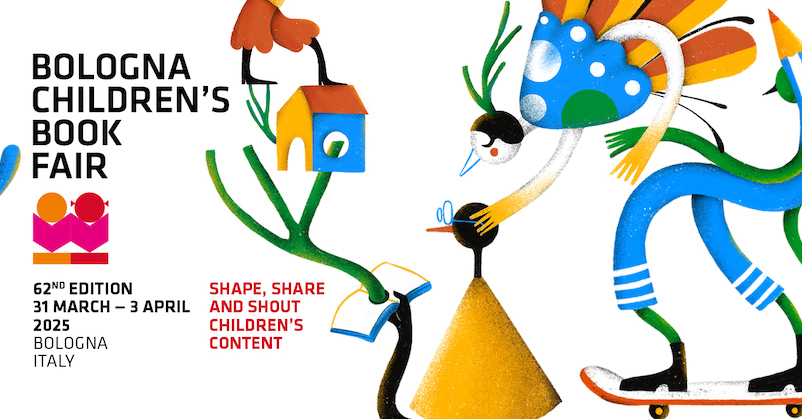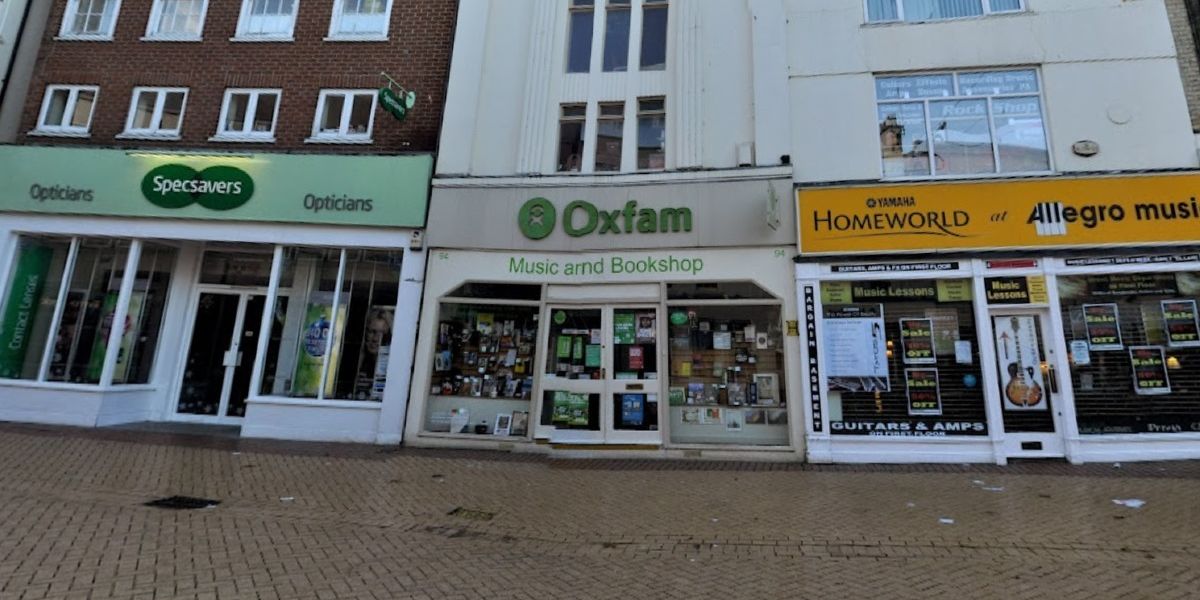The title of Isabel Galleymore’s second collection of poems is a translation of Konrad Lorenz’s term Kindenschema – that is, the wide-eyed, round-faced quality that makes us Ah and Aw. Cuteness becomes, in these poems, a call for attention and care. Baby Schema takes up the main concern of the poet’s first volume, Significant Other (2019), namely a close-up, queasy intimacy with nature; but here that intimacy’s object is as likely to be an imagined future child as a tree frog or a rare bee orchid.
These poems delight in the profusion of fragile things: “bees beginning to potter / around a manifesto manifested in blooms / and little grasses of what was promised freely – prairie, mountain, ocean – to I and the every- / bodies of avian maximums, bughoods, tacky / amphibians”. Galleymore emphasizes their vulnerability to harm (“the floor is rigged / with a delicate trip-wire system – grasses, / insects, dewy blooms of / moss and shrubby flower – by such / abundant hurtability, I find myself / surrounded”), and human and creaturely hurts often combine: “didn’t I pick at and bruise / the garden you grew”.
The central sequence, “Disneyland”, is based on Hope Mirrlees’s Paris: A poem (1920). It is similarly littered with advertisements, signage, children, adults and animals coming in and out of focus: a “sparrow … behaves as if this place is real (it’s not / not)”, and “a fly / rests on my breast like my breast’s a piece of fruit / in a seventeenth century, Dutch still life”. Behind all this grows “splendored gorse / where gorse once really grew. Here, weren’t there fields for miles to see?” When the sequence concludes, only one thing is wholly itself: “distantly / fire plays the part of fire, in a choreographed disaster”. Environmental destruction goes on happening, flickering in the corner of the distracted eye.
Much like the natural world that persists in sprouting into every corner of the page, lying precariously underfoot, clinging on to life, motherhood is characterized as both fragile and all-consuming. Galleymore remembers, with some astonishment, “what / you’ve heard of the devotion/ coming soon as they’re born; / like nothing else / in the world / exists”. Yet there remains “The bird with its / back to me as if / I could be background”. For all Galleymore’s insistent noticing, the bird is immersed in its own world. Part of her strength as a poet is that she notices that too.
The post Abundant hurtability appeared first on TLS.

 By Times Literary Supplement | Created at 2025-04-02 12:32:30 | Updated at 2025-04-04 04:10:02
1 day ago
By Times Literary Supplement | Created at 2025-04-02 12:32:30 | Updated at 2025-04-04 04:10:02
1 day ago







